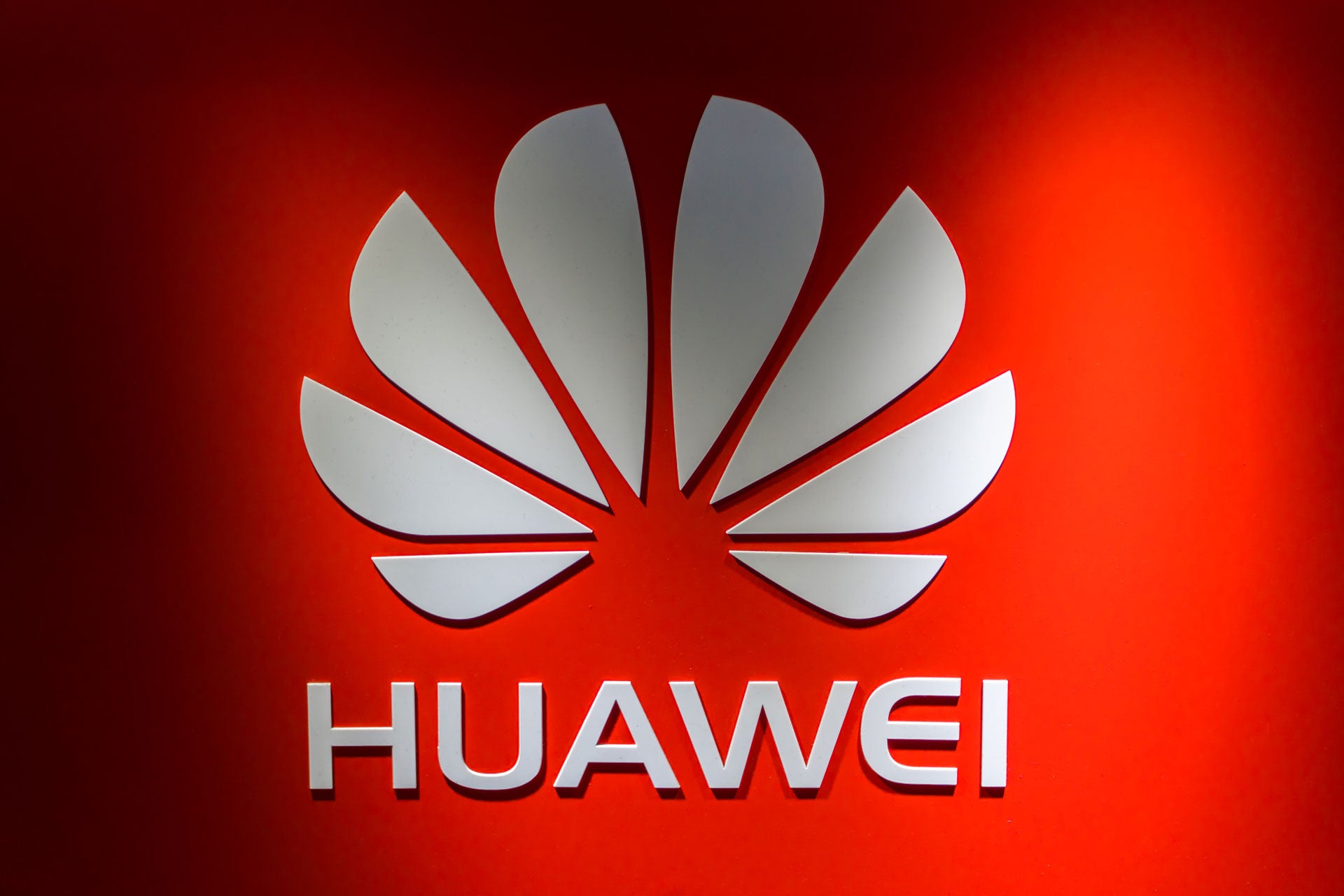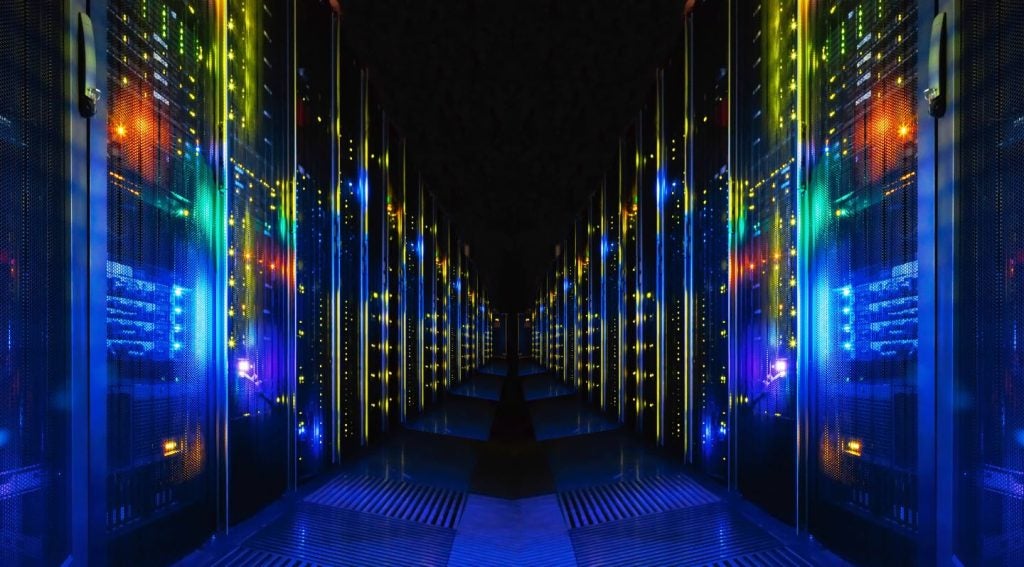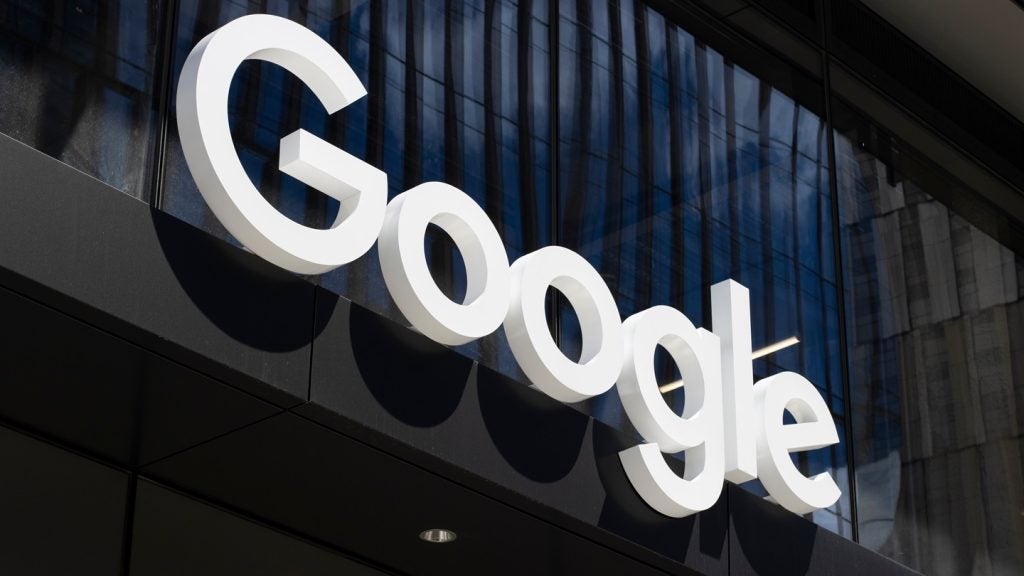Leading global telecommunications vendor Huawei has made headlines in recent months both for its product innovations as well as its political and legal troubles.
A range of countries have implemented or publicly pondered partial or complete bans of 5G mobile network equipment from Chinese vendors Huawei and ZTE citing equipment security concerns and potential ties to the People’s Republic of China government (PRC). These include Australia, Canada, New Zealand, Poland, Norway, UK and USA. Further, on January 2019h the US Department of Justice filed two indictments including 23 criminal counts against various Huawei entities and employees, including CFO and daughter of the founder, Wanzhou “Cathy” Meng.
The charges range from corporate espionage to theft of trade secrets to bank fraud. The charges stem from two unrelated incidents; the first to a Huawei linked company named Skycom violating US sanctions on Iran and the other related to a 2014 lawsuit T-Mobile USA filed against Huawei’s device subsidiaries.
Despite this negative press and legal troubles, Huawei continues to push forward with its business, announcing new products and innovations around its 5G chipsets, devices and trails with operators. Further, particularly on the consumer device side, Huawei continues to push marketing into countries like the US and Australia, where traditionally its smartphones have failed to capture as much market share compared to regions like Europe, Latin America or Asia.
Huawei has grown rapidly over the past ten years and expanded into many vertically and horizontally integrated sectors from its beginnings in networking equipment. The company has grown to be the global leader in mobile networking equipment and to the number two spot in the smartphone market by shipments.
Furthermore, its silicon chip manufacturing subsidiary HiSilicon is growing market share in more than just smartphones, the company also is gaining share by powering IoT devices (including security cameras), smartTVs, set top boxes and more. Huawei has built a telecom and technology empire that is now woven into normal business operations of enterprises and the daily lives of consumers in almost every market on earth.

US Tariffs are shifting - will you react or anticipate?
Don’t let policy changes catch you off guard. Stay proactive with real-time data and expert analysis.
By GlobalDataWhile governments question Huawei’s connections to the PRC and politics spills into the telecommunications world, there is a question many have not considered, is Huawei too big to fail, or rather in this case ban?
Huawei ban domino effect
The impact of bans on Chinese equipment is already being felt in some markets. In Australia, discount fixed market challenger TPG made headlines by winning licenses to become the country’s fourth mobile network operator, a move the Australian regulator hoped would increase competition. However, the ban of Huawei from selling 5G equipment into Australia has halted TPG’s ambitions.
Prior to the ban, TPG had negotiated with Huawei to provide the LTE equipment that could be easily upgraded to 5G for its initial network buildout, however following the ban TPG has scrapped plans for any network buildout, citing the governments ban as the reason.
While TPG will not be able to complete its network as cheaply without Huawei and ZTE, this may also just be an attempt to try an sway the ACCC’s decision on the TPG VHA merger.
Still, the mobile network equipment sector is highly concentrated globally with over 80% of global market share being controlled by four companies (Ericsson, Nokia, Huawei and ZTE). The removal of two of the top four players only exacerbates the market concentration as operators try to negotiate terms to build out 5G.
While the US currently only bans government organizations from procuring Huawei networking equipment, with the latest news around the indictments, many government analysts are suggesting that further bans could be possible, from expanding the ban to include all Huawei products to a full on trade embargo. Huawei’s rail project with the Western Australian government has already been called into question over the potential fallout from the indictments.
Existing projects may not be the only thing at risk given Huawei’s precarious situation with the US government. Consumers and enterprises alike wait in anticipation for the 5G era to begin, however despite 5G network rollouts beginning in markets like USA and South Korea, one major bottleneck exists, a lack of 5G capable devices.
Banning Huawei devices may only exacerbate this as there is currently no other companies that can provide a true 5G ecosystem from standalone radio systems to consumer grade 5G devices. In a Beijing press conference, Huawei announced the commercial arrival of its first 3GPPP compliant 5G chipset, alongside a 5G customer premises equipment (CPE) device meant for fixed-mobile broadband.
The company also promised a 5G smartphone sometime next quarter. Meanwhile many don’t expect Apple to launch a 5G capable device until 2020.
Keep friends close, keep Huawei Closer
Lastly, if the USA, Canada, UK, Australia, New Zealand and Japan are concerned with the PRC having undue access and influence to the future 5G networks of the world, banning Huawei from their domestic markets may only serve to make them even stronger elsewhere.
With no means to compete in places like Japan or USA, Huawei can focus resources on regions like Latin America, Africa and Middle East and South East Asia, where there are already strong with LTE customers. In order to ensure no untoward PRC influence, it may be better to keep Huawei close and work with the leading player to ensure future products are secure.
While there are many legitimate concerns being raised by governments around the world about the security of their 5G networks, and while any company needs to follow the rule of law and abide by ethical business practices, the consequences of banning Huawei may be more significant than at first glance.
Huawei also needs to look inward at its own culture and practices to ensure that future indictments and lawsuits do not impede its progress again. For the time being, if the US and others remain stalwart in their 5G bans, Huawei should consider further separating its networking and handset divisions in order to keep momentum in those markets.








